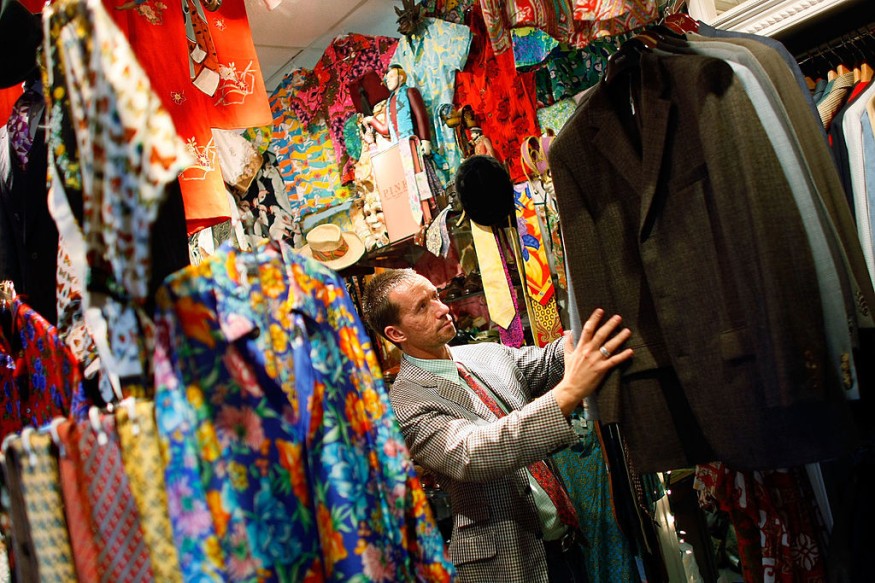
The most recent war cry of many environmentalists concerning various businesses has been to choose sustainable solutions. A sustainable fashion solution is to purchase from a consignment store.
Consignment Store: A Sustainable Solution
Nowadays, "sustainable fashion" is crucial to environmentally conscious shopping and consumer safety. Consignment is a popular option because used clothes are valued higher than new clothing, especially when taken in context to environmental impact. In a consignment shop, a customer advertises a product with a person or company and keeps ownership of the product up until it is sold, and this is when the customer receives a commission. Here are 5 reasons why a consignment store is a sustainable choice:
#1 Extending Value and Life of Items
There are valid concerns about the environmental and societal effects of fast fashion. By extending the lifespan of these mostly subpar products, some businesses do, nevertheless, support a circular economy. These businesses attempt to keep fast-fashion labels and other clothing lines in use and away from landfills by purchasing and reselling them.
Vogue said that one waste truck full of garments was projected to be burned or dumped in a landfill every second by the Ellen MacArthur Foundation and Stella McCartney. 95% of clothing may be repurposed or re-worn, according to The RealReal via Vogue's report.
#2 Minimized Carbon Footprint
Both the environment and the community gain from recycling used products. Transportation expenses for retail items are minimized or eliminated. Since they are used, consignment shops provide recycled goods at lower prices than other retailers. This enables residents of the community to purchase items like sporting goods for their children that they otherwise might not be readily affordable at retail prices.
Additionally, consignment shops employ staff to maintain displays, process merchandise, and check out customers; thanks to recycled goods, these staff members have the means to support their families, Sciencing reports.
#3 Support for Small and Local Businesses
The majority of consignment shops are also locally owned, so using their services helps the buyer support the neighborhood by contributing to the local economy. The consignor and the shop divide the proceeds from the sales of the products. Using and purchasing at a consignment business helps the community's economy, according to Dunn's Attic.
#4 Contributes to Circular Economy
To address global environmental degradation and climate change, a circular economic model has lately come into being. Circular fashion has received attention in the fashion industry as an environmentally beneficial method of producing clothing. Reused clothes, upcycled clothing, as well as recycled clothing are the three categories of circular fashion goods made from textile waste.
"Circular fashion" blends the ideas of the circular economy with sustainable fashion to reduce environmental degradation and advance social justice and ecological integrity. Considering the efficiency of resources, non-toxicity, biodegradability, life expectancy, and recyclability, it entails developing, sourcing, producing, and offering apparel, footwear, or accessories that may be worn ethically for as long as feasible and returned safely and properly to the biosphere once no longer in use, according to a 2021 study published in MDPI.
#5 Responsible Consumerism
Thrifting has been more popular over the past ten years, particularly with Generation Z (born 1995-2010). There are several causes behind the rise in thrifting. First, the fast fashion sector came under fire for unethical labor practices and hazardous working conditions in clothing manufacturers, which led to a shift toward circular fashion and open supply chains.
Second, Gen Z and Gen Y consumers support companies with ethical business practices because they are more ecologically aware. Thrift shops serve these customers who are interested in sustainability but may not be able to afford more expensive sustainable brands, according to Berkeley Economic Review.
© 2025 NatureWorldNews.com All rights reserved. Do not reproduce without permission.





